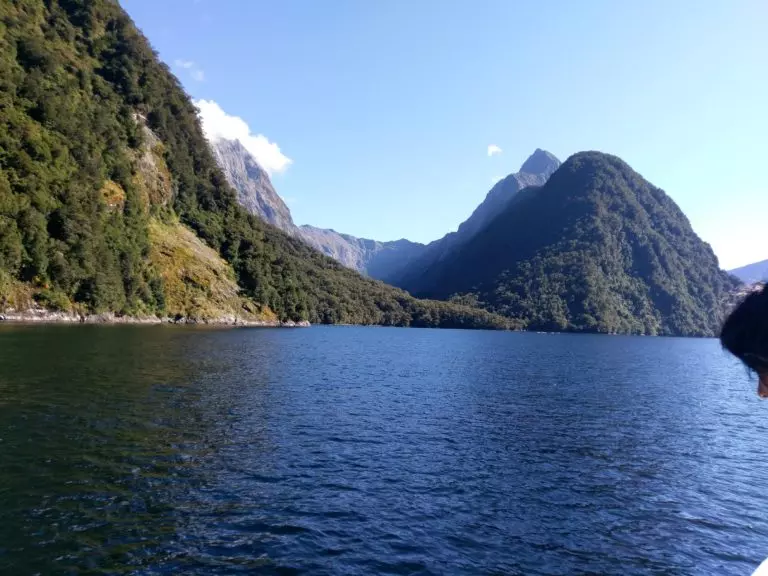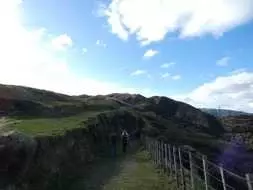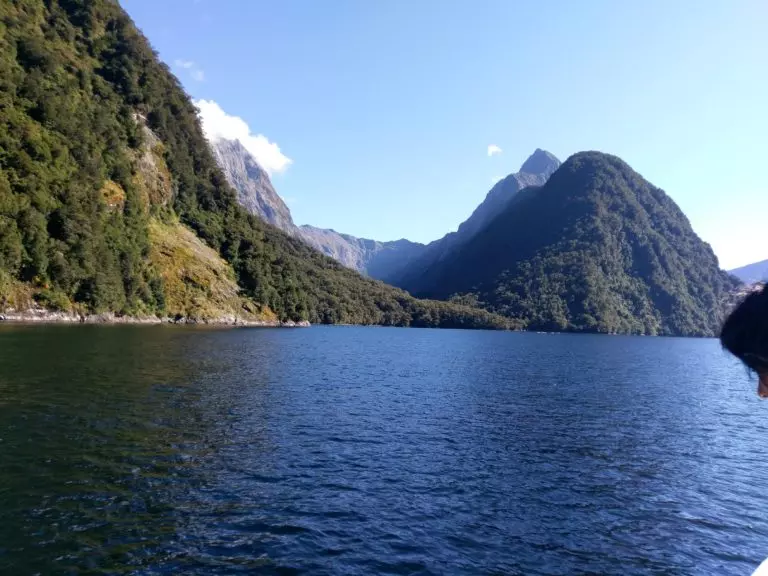Abroad in New Zealand as a Gay Student


When I left the United States to study abroad in New Zealand, many questions ran through my head: Will I make friends? Will I get along with my flatmates? Will the courses be difficult? But I was most anxious about my sexuality. Will I be able to express myself freely? Will I feel safe walking alone? Will there be queer friendly spaces? Though I have been out for six years and do not attempt to hide my sexuality, it is still one of the most nerve-wracking identities to present to the world.
Doubts and worries
Friends that have been to New Zealand told me to not worry, they had not witnessed harassment or discrimination towards queer people. And besides, New Zealand legalized same-sex marriage two years before the United States did. Yet I was uneasy. My friends were straight, cis-gender, Caucasian students. We experience and view the world differently.
The United States legalized same-sex marriage in 2015, but that did not stop discrimination towards queer people. I see this intolerance when people use “gay” as an adjective. When my father and his friends use a slur to describe an effeminate man. When a baker refuses to make a cake for a same-sex couple. When trans-women are violently murdered. And when trans people are not allowed to serve in the U.S. military.

Conversations with Kiwis
I expected the same bigotry in New Zealand. I asked my flatmates if they could recall recent occurrences of prejudice that made national news like in the United States, but they failed to think of any. I thought this impossible, but even with my own research I could not find comparable articles.
During IFSA orientation, I was talking with two students about how I have boycotted a popular chain restaurant that donates funds to places that run gay conversion therapy camps. A worker overheard this and asked what we were discussing. I explained and he responded with disgust. “Let people be who they are. There is nothing wrong with them.” I was delighted, as this was one of my first interactions with a Kiwi male.
My Kiwi flatmates said this was indicative of the current generation’s mindset in New Zealand. Younger Kiwis, they relayed, do not care about sexuality and most are approving and inclusive of all. This is comparable to the United States, where younger age groups are at the forefront of normalizing and accepting our current reality.
Similarities and differences
I have observed some differences between Auckland and Philadelphia, where I go to school. When walking the streets of Auckland, I do not see as many same-sex couples holding hands or showing PDA. At my home university there is not a large population of openly queer students, but there are a considerable number of queer couples in Philadelphia their relationships are visible.
Did my flatmates have the same point of view? The question came as a shock to them. I could see them scanning memories, retracing steps, trying to recall a time they had seen a same-sex couple holding hands. They agreed they typically see five heterosexual couples holding hands during a given day, but the same was not true for same-sex couples—and this surprised them.

My flatmate Amelia described New Zealand as a country that likes to pride itself on being progressive but fails to bring dialogue to the faulty realities that exist here. This too feels like a parallel to the United States. The legal system provides certain protections, but the level of acceptance and inclusion that queer people feel are determined by society.
“Friends that have been to New Zealand told me to not worry, they had not witnessed harassment or discrimination towards queer people.”
John R. | Saint Joseph’s University | IFSA University of Auckland Partnership | IFSA International Correspondent